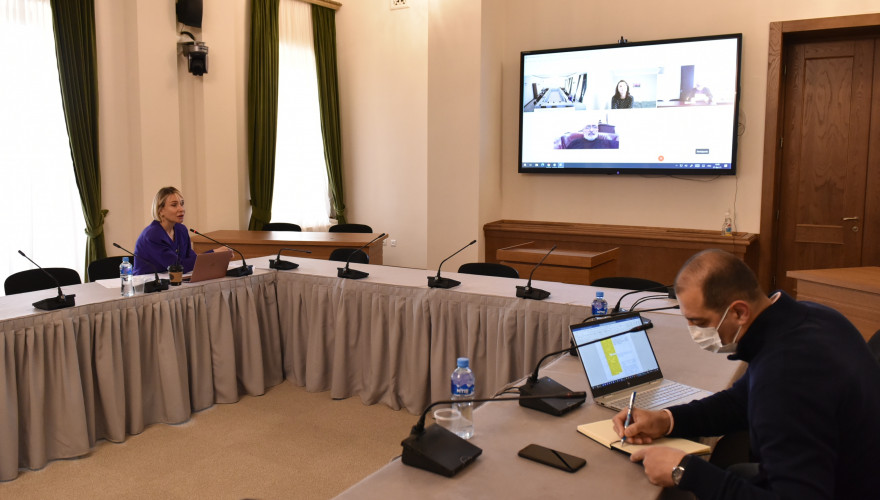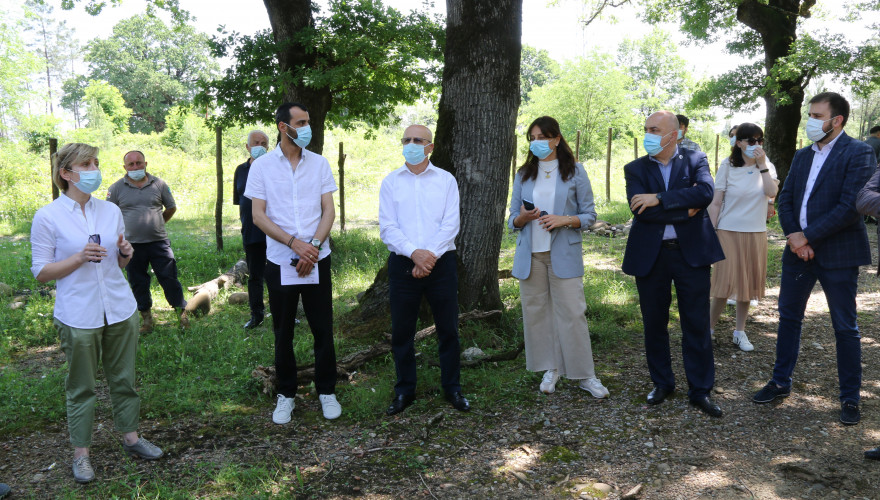Agrarian Issues Committee Launching Verbal Hearings as Part of Control over Enforcement of Law on Agricultural Cooperatives

The Committee held its first verbal hearing on the written opinions submitted to the Committee within the framework of the control over the implementation of the Law on Agricultural Cooperatives.
The online meeting with one part of the authors of the written opinions was presided by the Chair of the Committee Nino Tsilosani.
N. Tsilosani once again emphasized the importance of this thematic inquiry, which analyzes the already adopted law and monitors its effectiveness.
The Law on Agricultural Cooperatives was adopted by the Parliament on July 12, 2013.
The document has been amended several times, however, as indicated in the written submissions, their authors believe that the law is still not complete and fails to contribute to the creation of effective and viable (sustainable) agricultural cooperatives and their subsequent activities.
According to the Chair of the Committee, the purpose of the inquiry is to analyze the extent to which the law has been implemented, how well it responds to the set tasks, what are the possible shortcomings identified during the implementation of the law and manifest the obstacles to the enforcement.
David Mamukelashvili, Doctor of Economics, Archil Goksadze, Mayor of Baghdati Municipality, Nikoloz Kiknavelidze, Head of the Mtskheta-Mtianeti Service of the Rural Development Agency, Lika Tsetskhladze, Director of the Agricultural Cooperative "Mamuli" expressed their opinions during the hearing.
As it was noted at the hearing, the information campaign should be activated first of all, because many people have the feeling that creating cooperatives is a return to the past.
It was also noted that there are procedural difficulties in managing cooperatives, the annual fee is also problematic. With the refinement of management, the need for training is on the agenda. One of the most acute problems is the lack of specialists in the field.
The verbal hearings will continue tomorrow, followed by the hearings of the representatives of the Ministry of Environment and Agriculture.
Following the verbal hearings, the Committee will prepare a summary report outlining the Committee's findings and recommendations, and, if necessary, will begin work on relevant legislative changes.
The process is being implemented in partnership with the Westminster Foundation for Democracy and with the support of the European Union and the United Nations Development Program.





